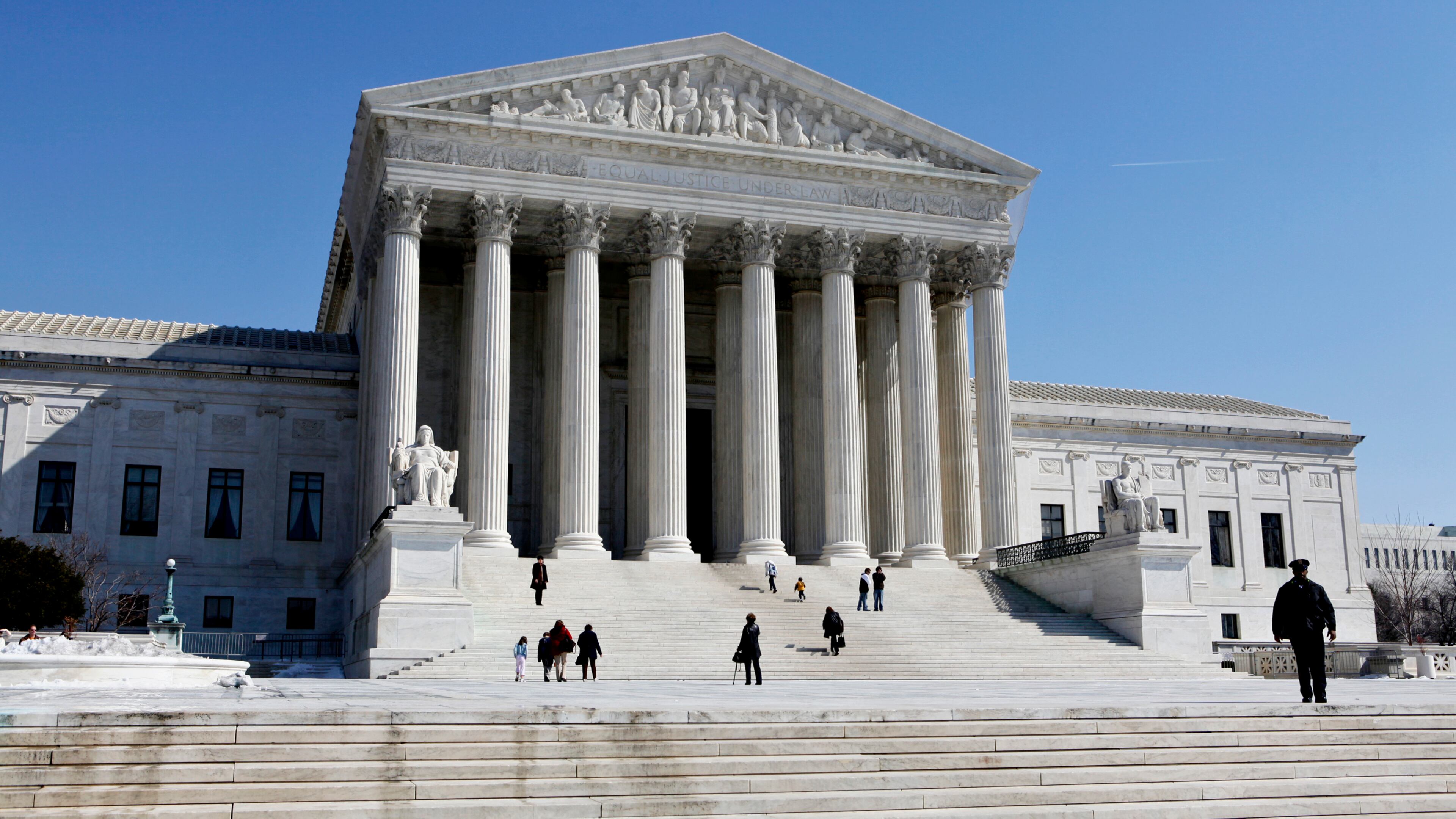Prediction: Supremes will uphold ObamaCare by 6-3 margin

You read it here first:
In the case of King v. Burwell argued this morning, the U.S. Supreme Court will rule 6-3 in favor of the Obama administration and against conservative critics of ObamaCare, thus putting an end to the final legal challenge to the health-care law.
It will do so for the following reasons:
-- Taken in its totality, the law is clear. In various sections and in various ways, the Affordable Care Act repeatedly makes clear that insurance subsidies are to be paid to qualified Americans regardless of whether they buy insurance through a state-run or federal-run exchange. Unfortunately for opponents of the law, one four-word segment of a 400,000-word law does not change that.
-- When the law passed and long thereafter, everybody understood and accepted that subsidies would be paid both through state and federal exchanges. It was not even an issue. For example, when Georgia Republicans announced that they would refuse to establish a state-run exchange and would instead defer to the federal government, not a single person in the entire state believed that decision meant that no subsidies could be provided to Georgia citizens. The same is true of the other 33 states that did not create their own exchanges.**
-- In 2012, when conservatives challenged the constitutionality of ObamaCare in NFIB v. Sebelius, they filed legal briefs with the Supreme Court that made it clear that they too understood that subsidies would be paid through the federal exchange. (The fact that those same conservatives now claim to believe the exact opposite has not gone unnoticed.) The four conservative justices in the minority in that 2012 case -- Thomas, Scalia, Alito and Kennedy -- made it equally clear in their dissent that they too saw no functional distinction between federal and state exchanges (see here, pages 185-187).
-- It is longstanding Supreme Court practice to interpret laws as a whole, rather than focus too much attention on one small section that might appear to conflict with the larger legislation. As one justice reminded us in oral arguments on an earlier case this year, “we look at the entire law. We have to make sense of the law as a whole.”
“You have to look at the whole law... when all parts are read together," Justice Antonin Scalia went on. "You don’t look at each little piece, you look at the whole law.” Scalia has also written that “there can be no justification for needlessly rendering provisions in conflict if they can be interpreted harmoniously," although I have no doubt he will find such justification in this case.
-- Even if you take the highly technical approach that Scalia has consistently argued must not be taken -- .i.e., using one small section to subvert the larger law -- the wording of the bill remains clear. Yes, the law does say that subsidies shall be paid to those who buy insurance through a state exchange. However, it also says that if the state government declines to create an exchange, the federal government "shall establish and operate such Exchange within the State.
" ... such exchange," as in equivalent exchange.
-- Despite all the above, I doubt that Scalia, Alito and Thomas will be able to resist the opportunity to strike a blow in such an ideologically fraught case. However, Chief Justice John Roberts and Justice Anthony Kennedy are clear-headed enough to understand the implications of overturning such a major law on such flimsy legal grounds, particularly when they know it will throw millions of Americans into a health-care wilderness.
-- More importantly, Roberts and Kennedy must understand that if they do overturn the Affordable Care Act in defiance of centuries of precedent and practice, they will do major and probably fatal damage to the court's reputation as a legal rather than partisan institution. And that in turn would call the functionality of the entire constitutional system into question. I cannot believe that they would sign their names to such a decision.
So, 6-3.
--------
** In fact, 23 states that chose not to create their own exchanges make just that argument in a brief filed before the court. Defending their citizens' right to collect subsidies, they cite repeated Supreme Court precedent requiring that the federal government be clear with the states when demanding action of them, such as creating exchanges or risk making their citizens ineligible for subsidies.
As the court ruled in a 1981 case, "There can, of course, be no knowing acceptance (of a contract with the federal government) if a State is unaware of the conditions or is unable to ascertain what is expected of it." The states also cite the opinion authored by Chief Justice Roberts in the 2012 ObamaCare case, concluding that while “Congress’ power to legislate under the spending power is broad, it does not include surprising participating States with post-acceptance or ‘retroactive’ conditions.’ ”
The states make it clear that they had no such notification or expectation that a state exchange was needed in order for their citizens to be eligible for subsidies, because nobody at the time believed that to be true.


